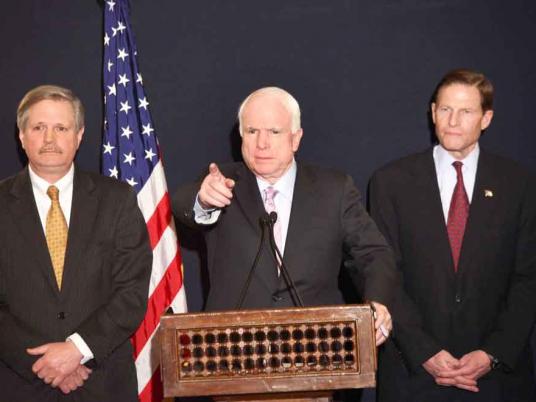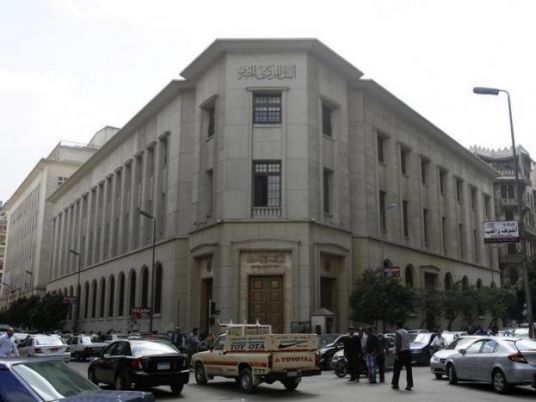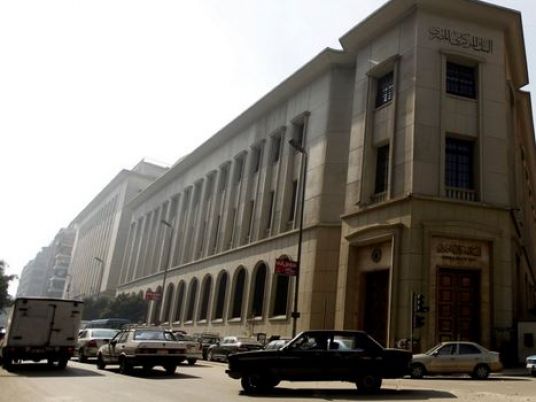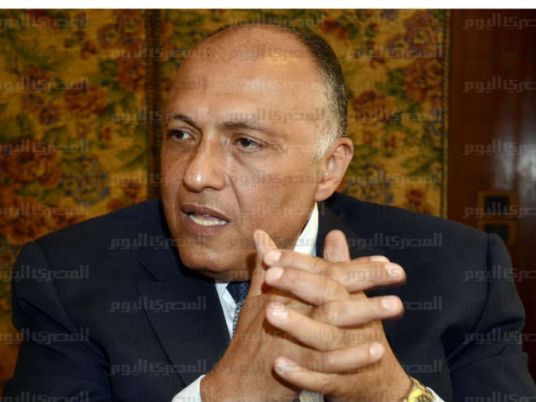The following article is part of Al-Masry Al Youm's weekly "Environmental Voices" series, in which experts discuss environmental issues–whether local, regional or international in nature.
Some may think that raising an environmental voice amid a revolution such as ours would seem to sidetrack its focus to address only one aspect of change. However, witnessing youth cleaning the streets during the days of mass protests–while raising the admiration of the world–should not be interpreted as a mere addition to what Egypt’s youth continue to teach us through their exemplary behavior. It was, in fact, a silent advocacy of what they really want, which is a clean environment in every sense of the word: physical, cultural and spiritual.
This past January saw what many considered unimaginable becoming reality. Voluntary committees were formed in every district to protect residents, manage traffic and collect garbage. While calling for the government to step down, protesters showed they were capable of assuming many of its most basic functions.
This proved that, with pride and clarity of purpose, there is no shame in undertaking any function the community is in need of, and one hopes this could valorize menial jobs undertaken by the less privileged groups in our society such as the garbage collectors, or “Zabaleen."
While it is a surprising sign of our youth's environmental awareness, cleaning the streets does not constitute a green revolution, which is necessary to effect real change in the country.
Egypt’s greatest wealth lies in its human resources. But we suffer from a scarcity of natural resources, including arable land, water and oil reserves.
Despite being aware of such limitations, the former regime mismanaged these resources in a most damaging way–as has been revealed in trials of high level officials for massive fraud. For transparency and accountability in the future, the consequences of political decisions for the environment and society must be assessed before being made. Some agencies have started to impose such assessments as a prerequisite for approval. What is required now is to make them compulsory throughout government.
Through political participation in the next presidential and parliamentary elections, the Egyptian people–especially the youth–should ensure that their interests are adequately represented by participating in the decision-making processes which affect their lives. In this way, they can enjoy a well-deserved dignity and freedom while promoting an equitable use of natural resources for this generation and generations to come.
A new social contract is about to be concluded between Egypt’s people and its government. Capturing the momentum to adopt preventative measures to protect our resources would require the use of modern technology, and above all, good governance.
Knowledge of what is going on around us will help keep us abreast of updated scientific thinking and learn from experiences elsewhere. Due to our previous government, which served itself instead of the people, we need to move fast to catch up with other countries.
We must be concerned with debates taking place internationally. Such debates were only accessible to the privileged few until recent decades; now with the internet, the empowering tool of our revolution, they can be accessed instantaneously.
When the UN conference on the environment convened in Rio in 1992, this was not possible. Nine years ago, those among us who were computer literate were able to benefit from the discussions held at the Johannesburg Earth Summit of 2002. With the spread of information and communication technology, coupled with our new commitment to change, we should be ready to learn from the global “Green New Deal” which will be discussed in Rio 2012. This platform seeks to address the actual and potential consequences of the “triple crunch” effect of global warming, financial crises and decline in oil production, which threatens to act as a “perfect storm” on the world's economies.
Change will not be complete if we fail to envision the wider picture and act accordingly.




